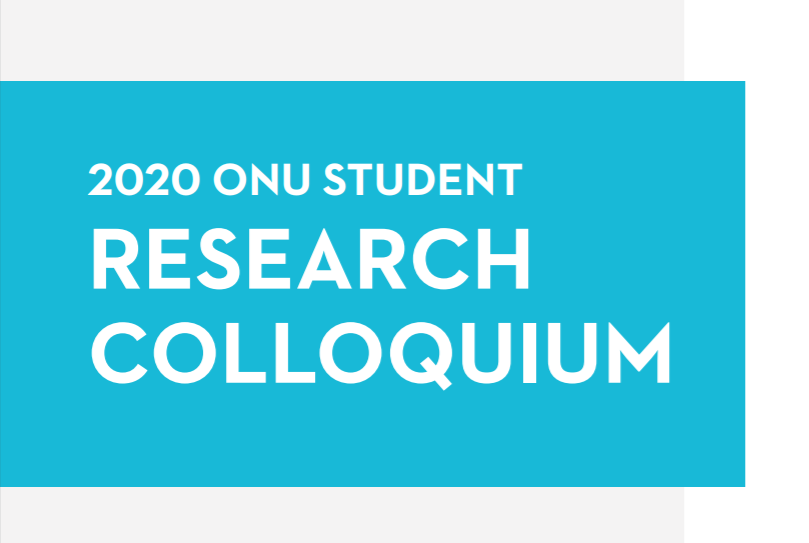Sponsor
Manoranjan S. D'Souza, Ph. D
Ohio Northern University
Pharmaceutical and Biomedical Sciences
m-dsouza@onu.edu
Advisor(s)
Manoranjan S. D'Souza, Ph. D
Ohio Northern University
Pharmaceutical and Biomedical Sciences
m-dsouza@onu.edu
Document Type
Poster
Start Date
24-4-2020 9:00 AM
Abstract
Nicotine dependence is a major public health concern and the World Health Organization (WHO) Framework Convention for Tobacco Control (FCTC) estimates that by the year 2020, more than 10 million people will die from smoking-related illnesses. Several FDA- approved medications such as nicotine replacement products, bupropion (Wellbutrin/ Zyban), varenicline (Chantix) are available to promote smoking cessation. However, these drugs are not effective in all smokers and relapse rates remain high. Hence there is a need to identify new medications to promote smoking cessation. Nicotine is a major psychoactive component of tobacco smoke. The rewarding effects of nicotine play an important role in the initiation and continuation of the tobacco smoking habit. Mesolimbic dopamine pathway in the brain mediates the rewarding effects of nicotine. Regulator of G-protein protein signaling 4 (RGS4) proteins are widely found in the mesolimbic dopamine pathway in the brain. Therefore, in this study, we focused on the role of the RGS4 proteins in the rewarding effects of nicotine. The project is ongoing, and the data is being currently analyzed. If RGS4 plays a role in the rewarding effects of nicotine, then RGS4 could serve as a target for future smoking cessation medications.
Recommended Citation
Pham, Han; Emerson, Nathaniel; Sieg, Jessica; and Seeley, Sarah, "Assessing the Rewarding Effects of Nicotine and Food in Male and Female Mice Lacking Regulator of G-protein Signaling Protein 4 and Their Wildtype Controls" (2020). ONU Student Research Colloquium. 3.
https://digitalcommons.onu.edu/student_research_colloquium/2020/posters/3
Restricted
Available to ONU community via local IP address and ONU login.
Assessing the Rewarding Effects of Nicotine and Food in Male and Female Mice Lacking Regulator of G-protein Signaling Protein 4 and Their Wildtype Controls
Nicotine dependence is a major public health concern and the World Health Organization (WHO) Framework Convention for Tobacco Control (FCTC) estimates that by the year 2020, more than 10 million people will die from smoking-related illnesses. Several FDA- approved medications such as nicotine replacement products, bupropion (Wellbutrin/ Zyban), varenicline (Chantix) are available to promote smoking cessation. However, these drugs are not effective in all smokers and relapse rates remain high. Hence there is a need to identify new medications to promote smoking cessation. Nicotine is a major psychoactive component of tobacco smoke. The rewarding effects of nicotine play an important role in the initiation and continuation of the tobacco smoking habit. Mesolimbic dopamine pathway in the brain mediates the rewarding effects of nicotine. Regulator of G-protein protein signaling 4 (RGS4) proteins are widely found in the mesolimbic dopamine pathway in the brain. Therefore, in this study, we focused on the role of the RGS4 proteins in the rewarding effects of nicotine. The project is ongoing, and the data is being currently analyzed. If RGS4 plays a role in the rewarding effects of nicotine, then RGS4 could serve as a target for future smoking cessation medications.

